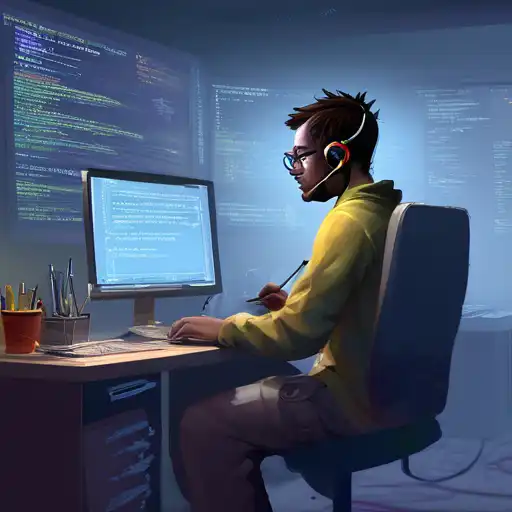Introduction to Debugging
Debugging is an essential skill for every programmer, especially for those just starting out. It involves identifying and resolving errors or bugs in your code that prevent it from running correctly. This article will provide you with essential debugging tips to help you become more efficient and confident in your coding journey.
Understand the Error Messages
One of the first steps in debugging is to understand the error messages your development environment throws at you. These messages are designed to help you pinpoint where the problem lies. Take the time to read them carefully and research any terms or codes you don't understand.
Use a Debugger Tool
Most integrated development environments (IDEs) come with built-in debugger tools. These tools allow you to step through your code line by line, inspect variables, and see the flow of execution. Learning how to use these tools can save you a lot of time and frustration.
Check Your Syntax
Syntax errors are among the most common mistakes new programmers make. A missing semicolon, bracket, or typo can cause your program to fail. Always double-check your code for these simple errors before moving on to more complex debugging strategies.
Break Down Your Code
If you're dealing with a complex bug, try breaking down your code into smaller, more manageable pieces. Test each piece individually to isolate the problem. This approach can make it easier to identify where things are going wrong.
Ask for Help
Don't be afraid to ask for help when you're stuck. There are countless forums and communities, such as Stack Overflow, where experienced programmers are willing to offer advice. Just make sure to provide enough context about your problem when asking for assistance.
Practice Makes Perfect
Like any other skill, debugging gets easier with practice. The more you code and encounter bugs, the better you'll become at identifying and fixing them. Keep challenging yourself with new projects and don't get discouraged by setbacks.
Conclusion
Debugging is a critical part of programming that can be frustrating but also incredibly rewarding when you solve a problem. By following these tips and continually practicing, you'll develop the skills and confidence needed to tackle any bug that comes your way. Remember, every programmer, no matter how experienced, has to debug their code. It's all part of the learning process.
